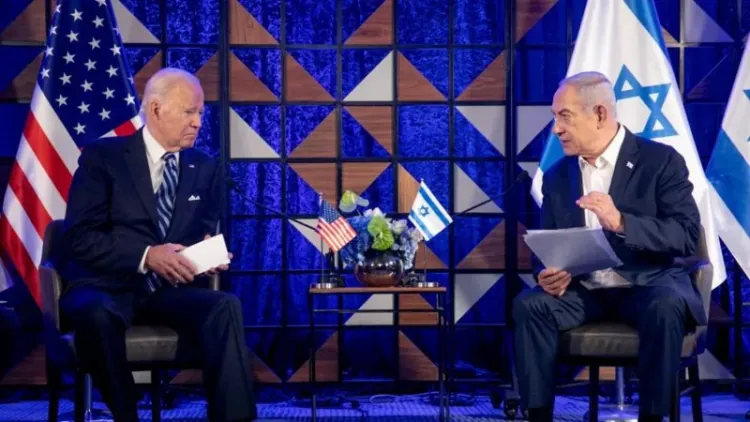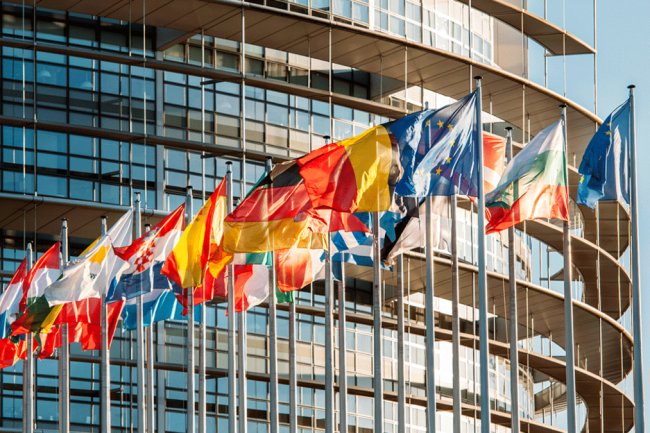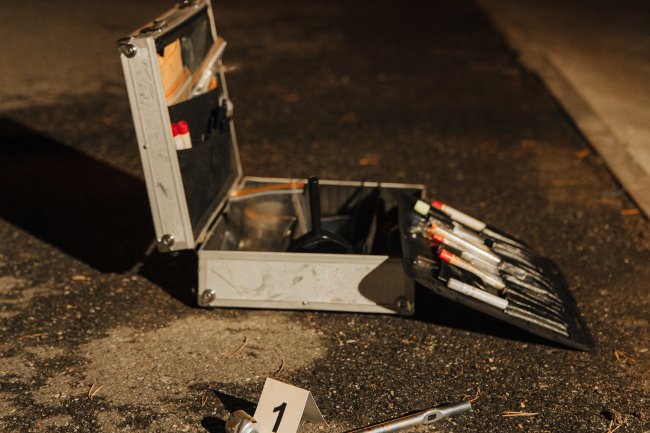Understanding the Escalation: Israel and Iran's Tense Confrontation
the dynamics of the escalating conflict between Israel and Iran, the role of the US, and how global diplomacy might prevent a wider war

-
Introduction
- Overview of the recent escalation between Israel and Iran
- The significance of the US and allies in moderating the situation
-
Recent Developments in the Israel-Iran Conflict
- Details of Israel's airstrikes and Iran's retaliatory attacks
- Analysis of military strategies and responses
-
The Role of the United States and Allies
- US support for Israel's defense systems
- Diplomatic efforts to prevent escalation, including the G7 meeting
-
Potential Paths to De-escalation
- Diplomatic channels and international pressure
- Possible outcomes of the G7 discussions
-
Long-Term Implications for Regional Stability
- How the current situation affects long-term peace in the Middle East
- The role of international diplomacy in shaping future relations
-
Conclusion
- Summary of key points
- Reflection on the importance of continued diplomatic efforts
-
FAQs
- What triggered the latest escalation between Israel and Iran?
- How effective is Israel's Iron Dome system against attacks?
- What could be the global impact of an all-out war in the Middle East?
Introduction
The recent spike in tensions between Israel and Iran highlights a critical juncture for Middle East stability. This article delves into the current situation, the involvement of the US and its allies, and the potential diplomatic interventions that could prevent a larger conflict.
Recent Developments in the Israel-Iran Conflict
On April 1st, Israel conducted an airstrike on Iran's embassy compound in Damascus, killing several high-ranking officials. This action did not go unanswered, as Iran retaliated with a significant drone and missile attack against Israeli territories. These developments mark a severe escalation in the longstanding animosity between the two nations, underscoring the fragility of regional peace.
The Role of the United States and Allies
The United States, along with the UK and Jordan, has significantly bolstered Israel's defensive capabilities, a testament to their commitment to Israel's security. Moreover, President Biden has been proactive in advocating for restraint and is steering the international response through the upcoming G7 meeting. The collective effort aims to mitigate the risk of further escalations.
Potential Paths to De-escalation
The focus now shifts to diplomatic strategies that could de-escalate tensions. The G7 summit is expected to play a pivotal role in shaping these efforts, with world leaders coming together to discuss potential resolutions and pressure both parties towards peaceful negotiations.
Long-Term Implications for Regional Stability
The ongoing conflict poses a substantial threat to long-term stability in the Middle East. The international community's ability to influence peaceful outcomes will be crucial in determining the future trajectory of regional relations and in preventing the cyclical nature of retaliatory attacks from evolving into a full-scale war.
Conclusion
As tensions mount, the role of global diplomacy becomes ever more critical. The world watches as leaders navigate this complex geopolitical landscape, hoping for a resolution that leads back to peace rather than descending further into conflict.
FAQs
What triggered the latest escalation between Israel and Iran? The escalation followed Israel's airstrike on an Iranian embassy compound in Damascus, which was met with a retaliatory attack by Iran using drones and missiles.
How effective is Israel's Iron Dome system against attacks? Israel's Iron Dome is highly effective, intercepting approximately 90% of projectiles aimed at populated areas, providing significant protection against short-range threats.
What could be the global impact of an all-out war in the Middle East? An all-out war could destabilize the entire region, disrupt global oil supplies, and trigger widespread economic and humanitarian crises.
This article was originally published on Kiksee Magazine. For more detailed analyses and expert opinions, visit our official page.
What's Your Reaction?






















